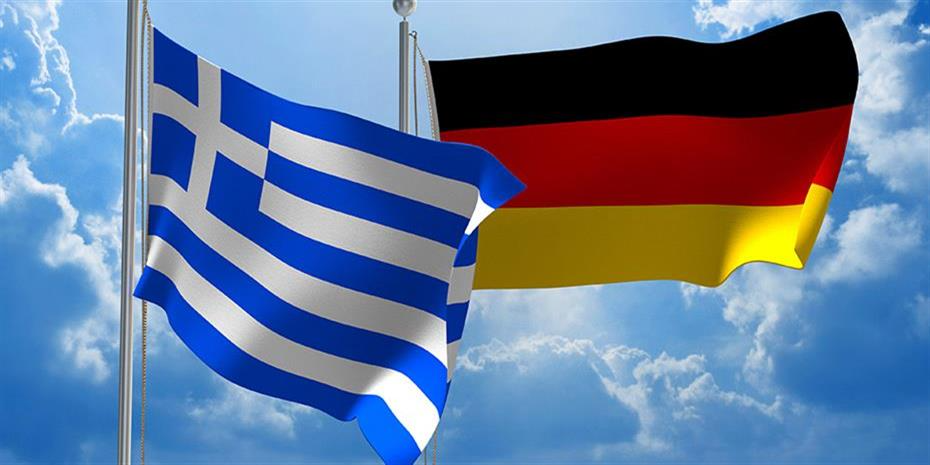
The contribution to GDP of the Greek-German business community is estimated at €7.9 billion, or 3.8% based on 2022 data, with investments in fixed capital formation reaching 3.7 billion euros in the period 2018–2022, total turnover having increased to €10 billion in 2022, and companies employing around 26,000 people.
The Foundation for Economic and Industrial Research (IOBE) conducted the most recent study, the fourth in a series, on behalf of the Hellenic-German Chamber of Commerce and Industry. The study, titled "Greece-Germany: fellow travellers in the economy," was presented at the Chamber's anniversary event to mark 100 years since its founding.
According to the study's estimates of IOBE's multipliers, Greek GDP rises by 1.6 euros for every euro that Greek-German businesses that are Chamber members produce in GDP. Consequently, in terms of employment, each job in the community's companies supports 2.4 jobs in the Greek economy overall, with a total contribution estimated at 75,000 jobs.
The same study also shows the long-standing close trade relations between Germany and Greece, as well as Germany's leading position as a national investor in Greece, with a net direct investment of €7.7 billion in 2022.
In the course of a panel discussion, Mr. Makis Voridis, the State Minister, Mr. Svetoslav Danchev, the Head of the Macroeconomic Analysis and Policy Department at IOBE, and Alexandros Kritikos, a professor of economics at the University of Potsdam and a board member and research director of the German Institute for Economic Research (DIW) in Berlin, presented the study that IOBE had prepared on behalf of the Hellenic-German Chamber of Commerce.
During the discussion, the Minister of State made reference to the Greek economy's positive growth and attributed it, in the first place, to the political stability that has prevailed in the nation in recent years, as well as to the government's policy of lowering tax rates to encourage investment, reducing corruption, and streamlining the rules by which the public sector operates.
The minister added that the country's difficulty in maintaining higher growth rates is mainly due to the shortage of labour, while on the banking system, he pointed out that the government supports the creation of another banking pillar, a non-systemic one, in order to intensify competition in the banking sector and drive the market towards lower lending rates and higher deposit rates.
The Director General of the IOBE, Professor Nikos Vettas, through a video message, underlined the positive course of the Greek economy in recent years, achieving growth rates much higher than the European average, while Europe, he noted, has also avoided a deep recession that was predicted due to the forced increase in interest rates and the successive crises we have experienced.
However, despite this positive picture, "the Greek economy and the European economy, and within them major economies such as Germany, have challenges and choices ahead of them. For our country to be able to achieve growth rates that will not make us worry in the future, higher than those we have had in the last 10 years, we need to very much intensify our investments and exports with an emphasis on high-value products and services," he said.






